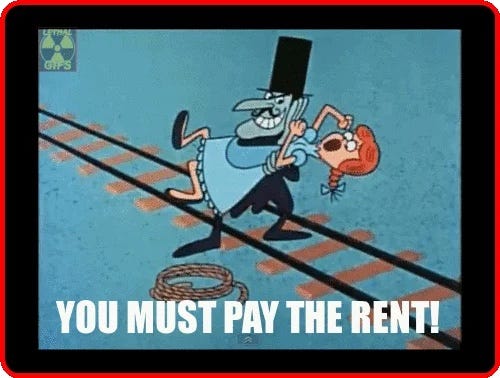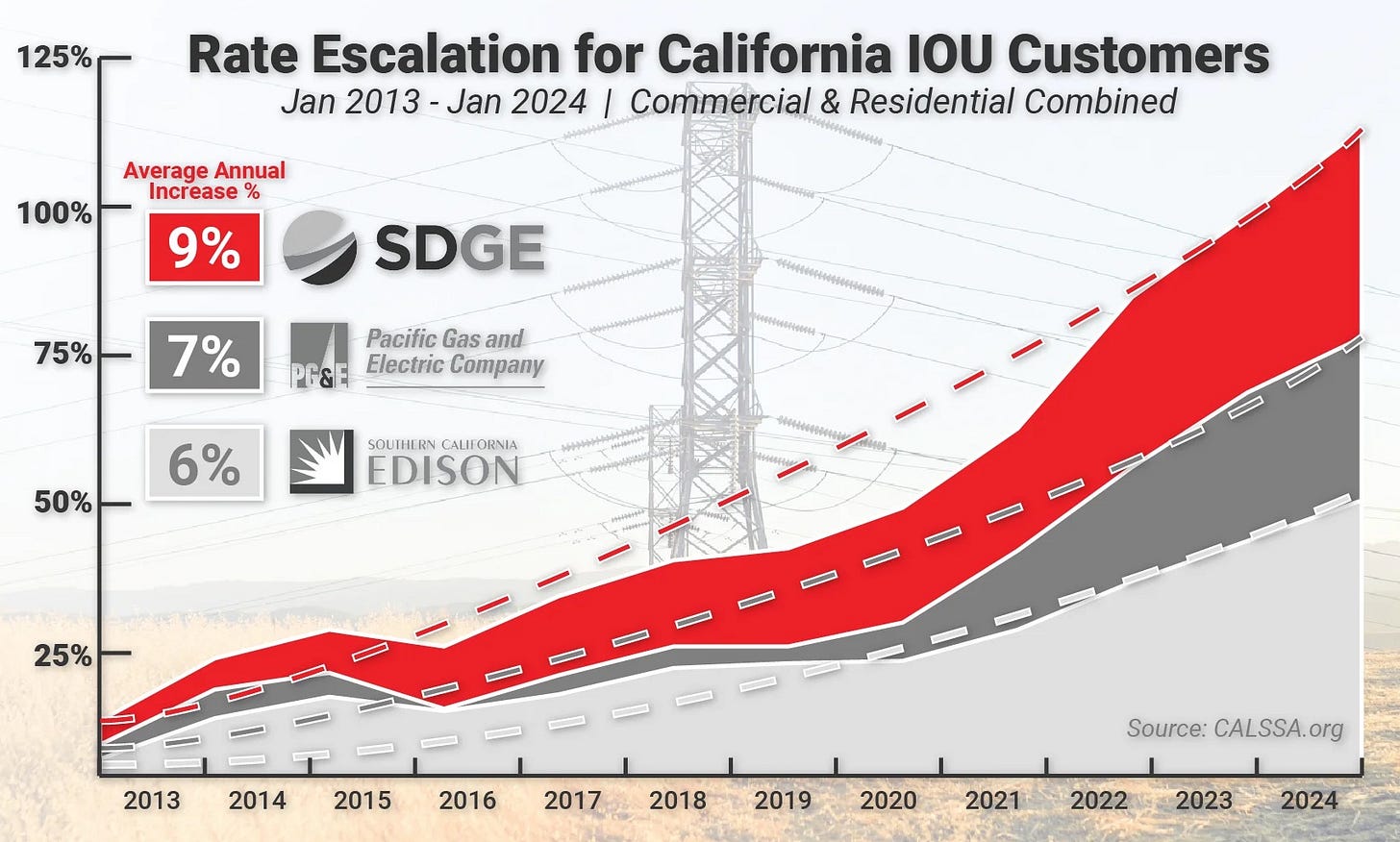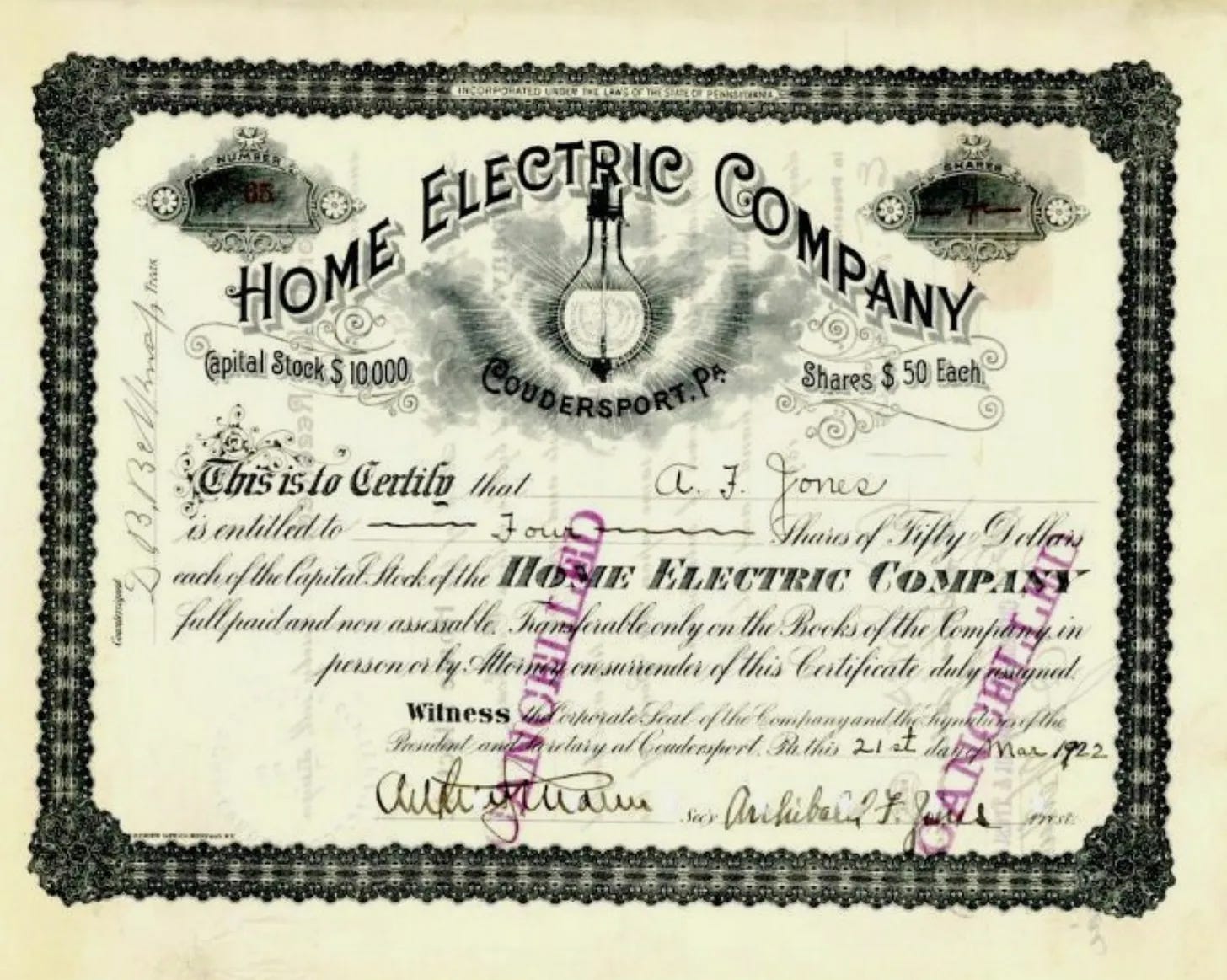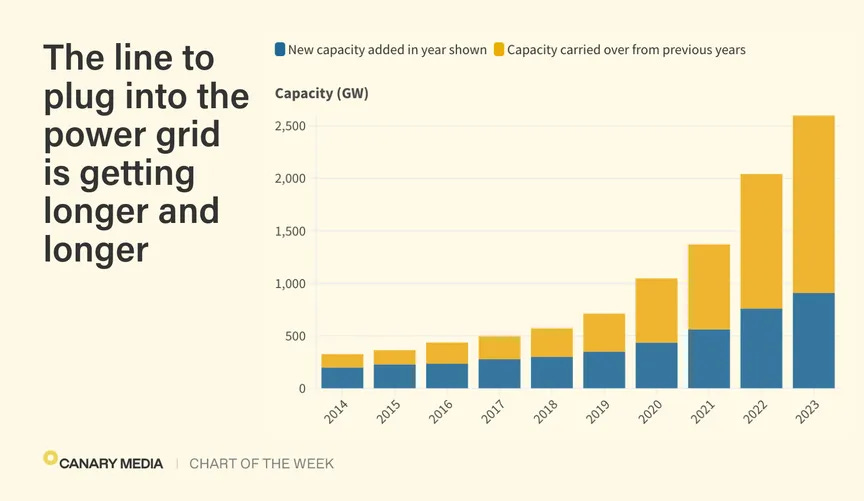Stop Renting Energy And Own It Instead
No need to keep paying the fossil fuel man.
I love it when financial self-interest aligns with doing right by the planet, which is happening more and more these days.
But it takes more than self-interest and good intentions to make change happen quickly. People need powerful and simple narratives to help them take action.
So let’s reframe the clean energy discussion as this: do we want to keep renting our energy, or do we want to own it?
Owning our energy’s now possible… and that’s huge.
Today, for the first time in hundreds of years, we can ‘own’ our own energy. No need to keep ‘renting’ it from whale-oil blubber salespeople, coal merchants, gas stations, or the utility companies (gas and electric).
Just buy some solar panels for the roof, a battery for the garage, and some smart inverters, and no need to ever ‘rent’ energy again. In solar-speak this is called ‘self-consumption:’ consuming 100% of the energy you generate rather than selling it back to the grid (the old model, pre-batteries).
This is revolutionary! Because aside from houses and cars, we’ve rented almost everything we need our whole lives. Like food (rented from the supermarket). Or water (from the water company). Or movies (from Netflix). Of course, you can own your own water and food too. Just dig a well or start a farm. But that’s not as easy as buying a rooftop power plant.
With the addition of batteries and smart inverters, solar power is suddenly a huge threat to the $4 trillion global fossil fuel rental business. Because it’s made owning our energy possible, for the first time ever.
Owning is the American dream.
Owning energy should be a natural for us Americans. We love owning stuff. Because it sounds good, and also because owners tend to come out ahead financially. You don’t have to pay profits (‘rents’) to anyone else. And your financial outlay is finite; you needn’t keep paying in perpetuity, as renters do, or stomach rent increases out of your control.
Also, you get to ‘stick it to the man,’ if that’s your thing. Which in the case of owning your energy would be the fossil fuel man, the monopoly utility man, and maybe even the government regulator man and energy tax man.
Of course, many people can’t afford the up-front cost of buying a rooftop power plant, especially with the recent rise in interest rates. That’s an energy ownership gap that needs to be fixed, along with fixes for renters and for homeowners whose roof won’t accommodate solar energy.
But for many Americans, owning vs. renting is a financial and lifestyle decision they know how to make, and are capable of making. And it’s the crux of today’s decision about rooftop solar.
Our energy rent is too damn high.
If you’ve looked at your bills lately, you’ve noticed that the cost of renting energy is through the roof.
Most American households spend 5-10k/year renting gas for their cars and energy for their homes. And those numbers are headed higher… unpredictably higher.
In California, electric rent rates are up to fifty cents a kilowatt hour (up 30% from last year), and gas rents can be five or six bucks a gallon. Those rents are among the highest in the country, but many other states are not far behind.
Energy rents are likely to keep going up faster than inflation, because the energy distribution system is struggling. Fragile overloaded grids, global supply chain disruptions, the shift from gas vehicles to EVs, inflation in general: all point the way to higher energy rents down the road.
And the cost of owning keeps dropping.
Even as rents skyrocket, the cost of owning your own energy keeps dropping, thanks to technology innovations and increasing scale.
In particular, rooftop power plants (solar + storage + inverters) are getting cheaper and better. On the technology side, that’s due to continuing innovations in hardware and software, better productization, and manufacturing scale efficiencies. On the installation side, it’s from consolidation among installers plus greater operational efficiencies.
A system that cost $50,000 a couple years ago, for example, might cost $35,000 today, and be much more powerful/capable.
So if you can afford the up-front outlay, or finance it, owning’s a financial win for many people today. When you calculate the rents you save, you’re talking payback periods of 5-10 years or less. Which is probably better than the payback on buying your house to begin with (dependent on asset appreciation as well as rent saved), which could be 5-10 years, or 25 years, or never.
As the cost of owning keeps dropping, it will become a no-brainer for more and more households. So let’s get people thinking in terms of owning vs. renting now, so they can start planning their switch.
Owning’s great for the planet, and the grid, too.
But wait… isn’t owning your energy like opting out of an essential public system, like with school vouchers for private schools?
No, not at all. Because the grid has a shortage of capacity, and it can use all the help it can get from distributed clean power sources (such as rooftop power plants).
Here’s a chart from Canary Media showing that shortage of capacity getting worse and worse:
To decarbonize fast enough, we must quickly deploy clean energy generation everywhere, and by switching to an ‘owners’ mentality and installing rooftop power plants we can all help accelerate that deployment.
Owning doesn’t mean cutting the cord with the grid. It just means not renting from it anymore. But we can still rent to it, selling energy back when prices are high, or even donating energy to the grid during emergencies or outages, for the public good.
Most important, we’ll be cutting off the flow of rental money to the global fossil energy industry, which is the best way to stop perpetuating fossil-fueled emissions.
So please spread the word: let’s stop renting energy, and own it instead!






